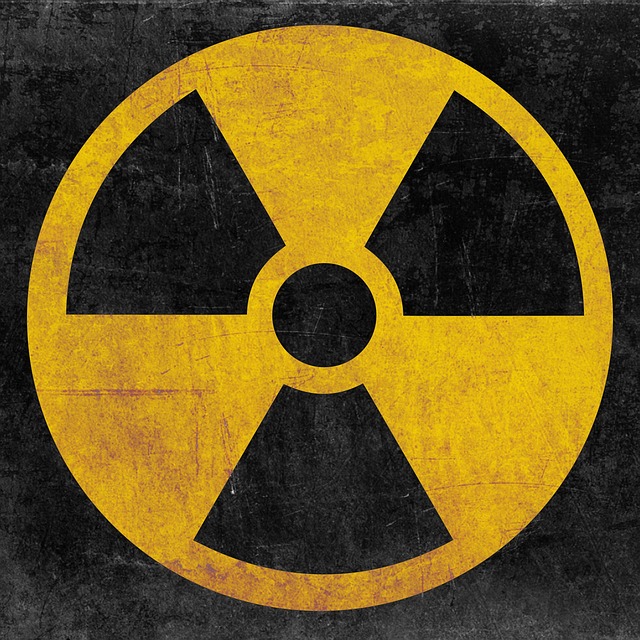 As you know the Local Clean Energy Alliance is committed to advancing true, local clean energy resources and environmental justice. “Carbon free” resources unfortunately mean Large Hydro Electric and/or Nuclear energy, neither of which are community or environmentally friendly. Learn more about Principles of Environmental Justice.
As you know the Local Clean Energy Alliance is committed to advancing true, local clean energy resources and environmental justice. “Carbon free” resources unfortunately mean Large Hydro Electric and/or Nuclear energy, neither of which are community or environmentally friendly. Learn more about Principles of Environmental Justice.
On December 18, East Bay Community Energy (EBCE) will consider accepting “carbon free” energy from PG&E. This proposal is 30% Hydro Electric and 70% Nuclear Energy. At the moment there is no nuclear in East Bay Community Energy’s power mix and many of us who advocated for Community Choice explicitly intended to have a “nuclear free” program.
Of course it’s complicated...